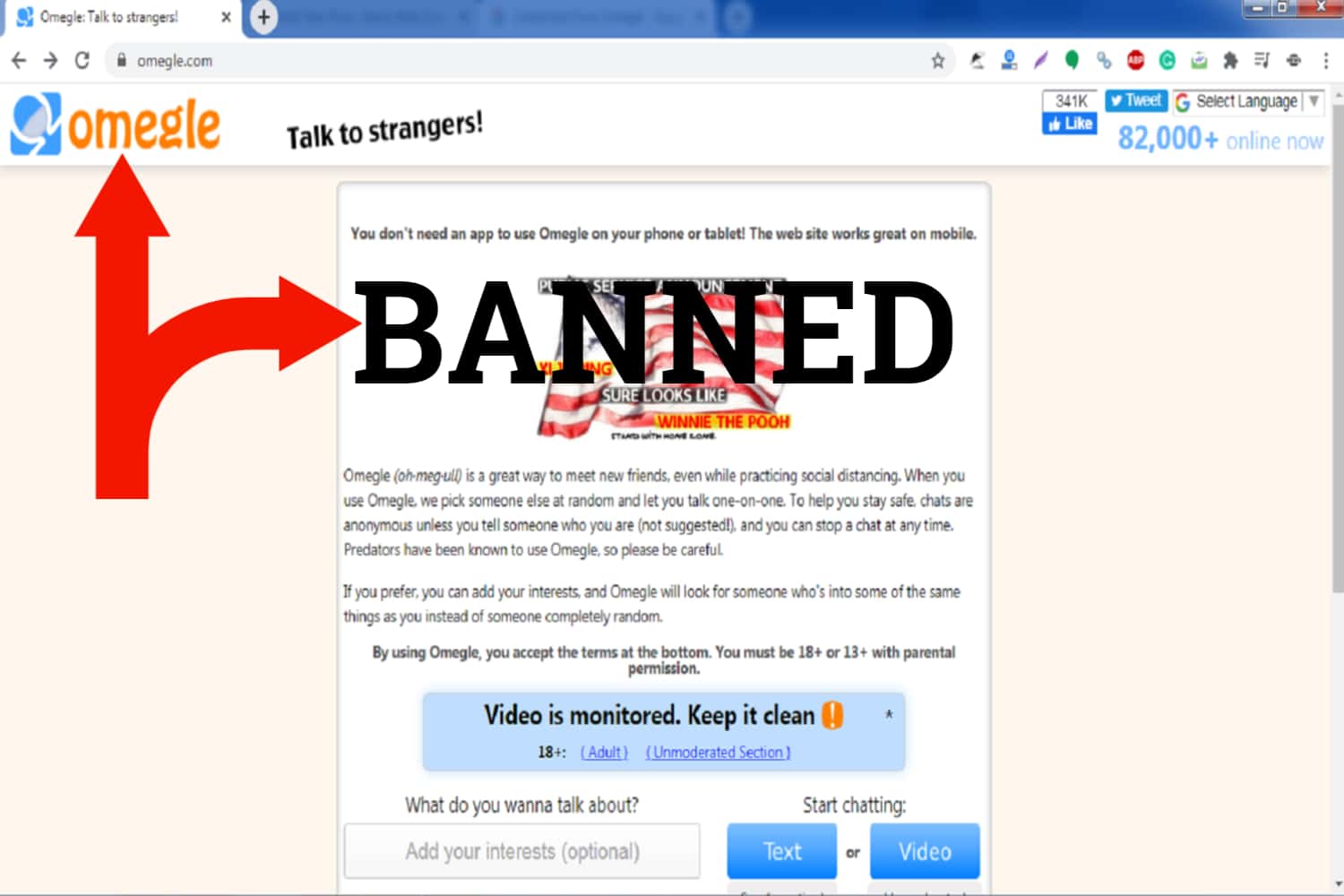“My Parents Hate Me!” Your Child May Have Said It, But Do They Believe it?
During the adolescent years, children go through many different emotional and physical development stages. One way they may express emotion is through angry words that can hurt others. At times it may seem as if your child truly hates you, but often it is the only way they know how to express themselves.
It is natural to be concerned about your child’s emotional state as a parent. Maybe, you noticed they took a ” Do my parents hate me quiz ” online. Or maybe your child came right out and said, “I hate my parents.”
Children and teenagers often make statements such as these in passing. “My Parents Hate Me!” or “I hate living with my parents!” For parents, this can naturally be disheartening. Every parent hopes that their child knows how much they are loved.
While it can be difficult and hurtful to hear, most adolescents go through phases in life when they truly feel as if the entire world is against them. This is especially true if they are the victim of bullying.
Someone being bullied often feels like they are the only player on their team. They feel isolated and may develop a belief that they can not trust anyone, including you. As a result, they may begin to lash out in the only way they know-how, with anger.
Understanding Hate

The word hate can carry very negative connotations, so it can be so difficult to hear when directed at you. However, it is important to understand that hate can mean different things to different people.
The definition of hate, according to the Merriam-Webster Dictionary, is:
a: intense hostility and aversion usually deriving from fear, anger, or serious injury.
b: extreme dislike or antipathy
When an adolescent proclaims, “My family hates me.” it is most often because they are afraid, hurt, or angry. This can result from being put in an unfamiliar situation or being forced to do something they do not want.
However, for a child who has been bullied or abused, hate may be more than just an expression of anger. In this situation, they may have hostile or violent thoughts about seeking revenge against the person that hurt them.
For this reason, parents must learn to read between the lines and inquire further when a child expresses feelings of hate. For example, a child who claims to hate their family and insists it is because ” My mom does t love me.” is completely different from the child who states they feel hate because “My mom hits me.”
Should You be Worried?
In most cases, when a child makes this kind of statement, there is nothing to be concerned about. However, if they show signs of hostility or violence toward you and continue to make these statements, it may be advisable to seek outside help.
This is also true if the child or teen expresses this behavior towards other adults or children. The reason is that when hate is truly felt towards another person, it can often lead to violent behavior, or hate crimes, that can have harmful effects on everyone involved.
Does Your Child Believe This?
Probably not. Depending on your child’s age, there is a good chance that they are not even certain what hate means. Most adults can probably recall a time in their childhood when they felt the same.
Also Read:
Chances are it occurred during a time in life when your emotions were on edge, and your instinct was to lash out in anger. Or possibly after you were told you could not have your way. At the time, you may have wondered, why do my parents hate me? With time, the feeling passed, and you moved on. Most likely, the same will happen with your child.
Negative Effects of Hate
Regardless of why your child is feeling hatred toward others, it is important to help them learn how to overcome those negative feelings. Hatred is a strong emotion. If your child continues to feel this way toward another person, it can harm their overall well-being. They may experience the following as a result:
- Emotional Stress and Tension
- Loss of sleep
- Loss of appetite
- Violent and Angry Outbursts
Feelings of hate or being a victim of hate can also lead to more serious psychological disorders. According to the Canadian Counseling Psychotherapy Association, victims of hate or hate crimes often develop Post Traumatic Stress Disorder or PTSD.
PTSD can happen to anyone, at any age, and is generally followed by a very traumatic event. Children who have suffered psychological damage due to bullying, abuse, or neglect may develop symptoms of PTSD, which include:
- Sleeping disorders
- Nightmares
- Irritability
- Extreme anxiety
- Memory trouble
- Detachment
If your child is experiencing symptoms of PTSD and has been the victim of a traumatic experience, you must seek help for them. PTSD can have severe consequences if left untreated, and in some cases, can even lead to thoughts of suicide.
Overcoming Hate
The good news is that a parent can do several things to help their child overcome feelings of hate.
- Explain to your child what hate means. Often children repeat what they have heard others say without fully understanding the meaning behind their words.
- Children learn from observation, so set a good example. Refrain from using the word hate when expressing your own emotions. For example, instead of using hate to describe something, you do not like, replace it with dislike instead.
- Openly communicate with your child about their emotions. For some children, emotions can be very confusing. Please help them to understand what they are feeling and why.
- Talk to your child about forgiveness. Discuss times when you forgave someone who wronged you. Help them understand why tolerance and forgiveness are so important.
- It is possible that your child is not aware that they are expressing hate. Correct your child’s behavior when necessary. When they make remarks about hating others, they know that it is not acceptable.
- Share your own stories and victories. Everyone has moments when they feel hate toward someone or something. Talk to them about times when you felt hate and how you overcame those feelings.
Hate may often be confused with feelings of hurt or anger. However, sometimes feelings of hate are real and can negatively impact your child’s development. Understanding hate and its causes can help you guide your children to overcome this negative emotion.











